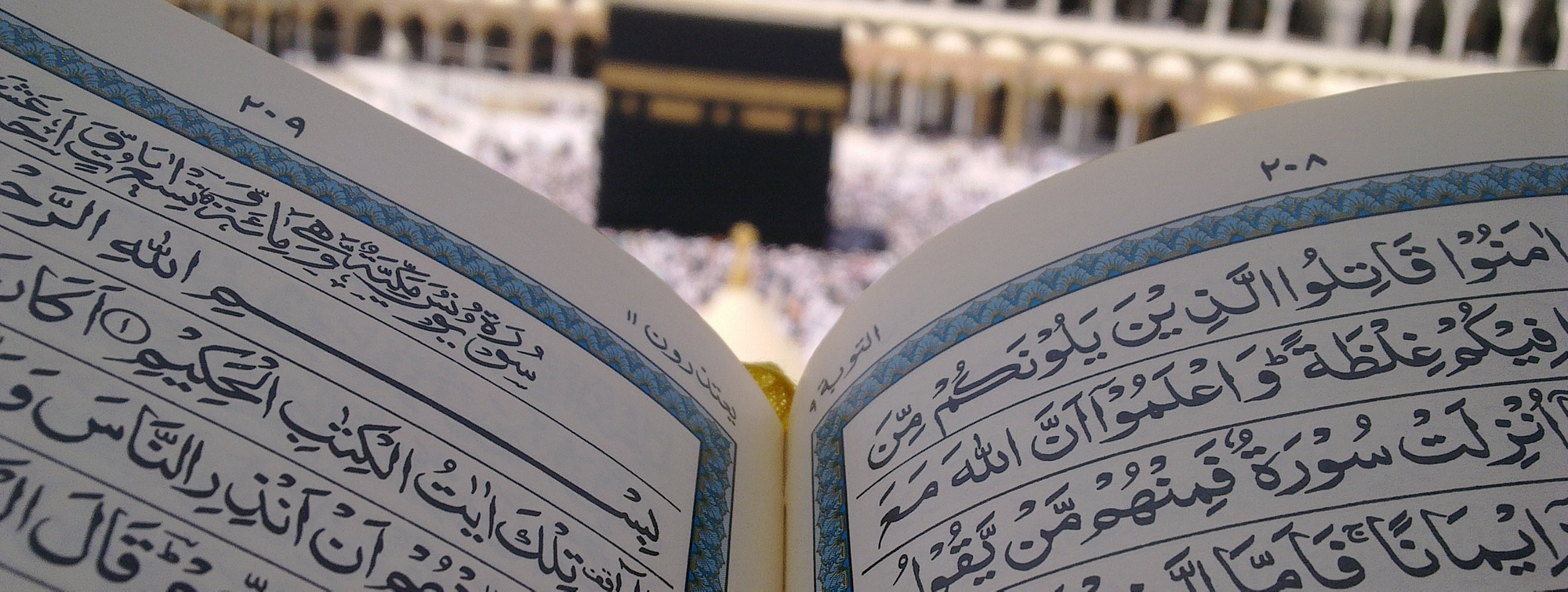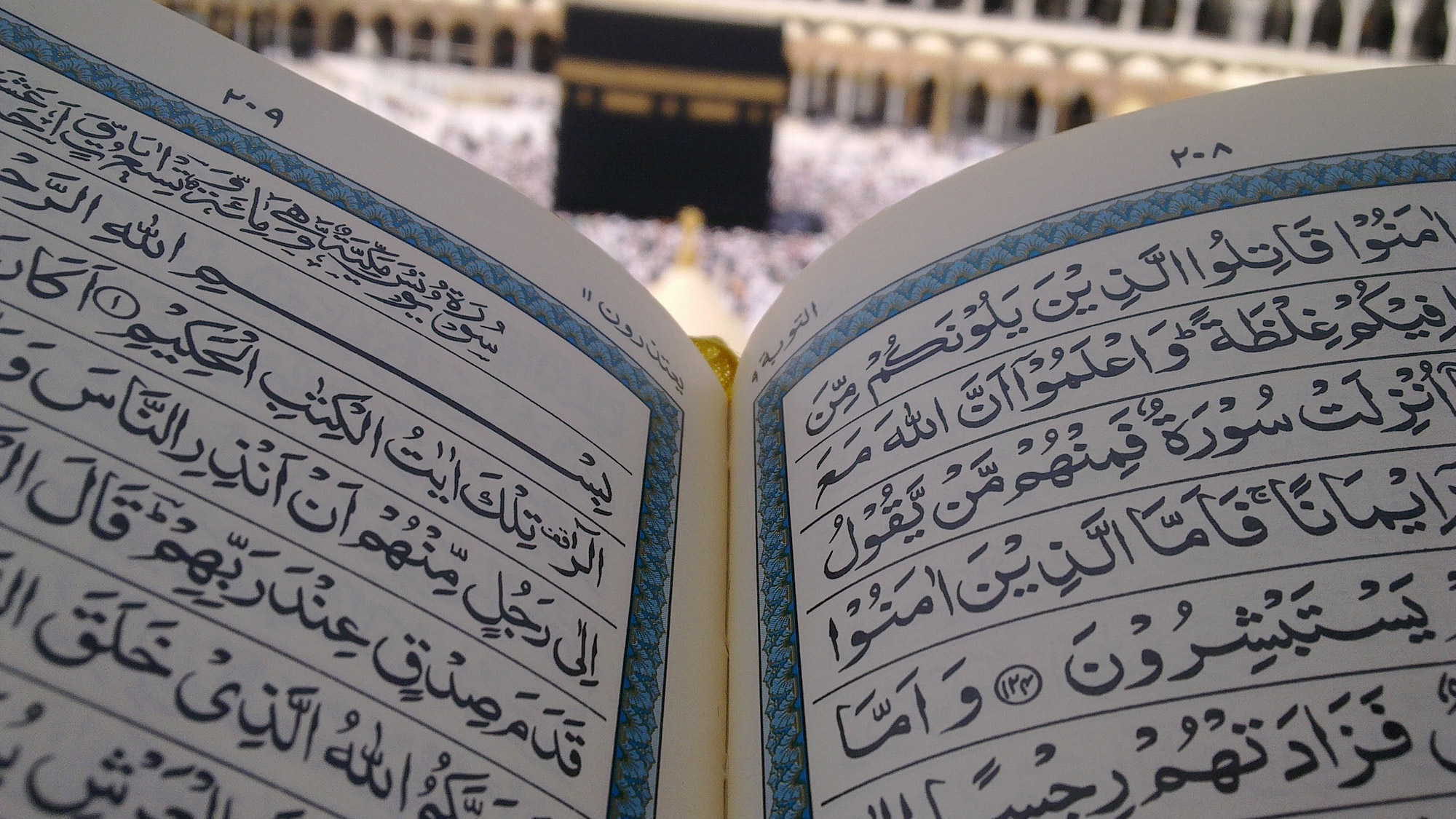RIDAGA: Shari’a Revoiced: Documenting Muslims’ Experiences of Islamic Law
Mark Fathi Massoud
Politics
UC Santa Cruz
Kathleen Moore
Religious Studies
UC Santa Barbara
Participants
Maria Ebrahimji
CNN
Shahab Malki
Anthropology
UC Riverside
Ziba Mir-Hosseini
School of Law
SOAS, University of London
The goal of the Shari’a Revoiced Studio was to uncover new voices and understandings of Islamic law among Muslim communities in California, a microcosm of the United States. The Studio documented how Muslim activists, students, feminists, lawyers, social workers, and other cultural brokers produce local forms of Islamic knowledge.
Participant Description
Throughout the grant period, the Shari’a Revoiced Studio has conducted qualitative analysis of original data gathered through semi-structured interviews with nearly 100 California Muslims. Fieldwork was conducted during 2014-15 in urban and suburban settings across California, in places where Muslims are constructing (and challenging) knowledge of shari’a. We take a grounded-theory approach to the data in order to develop theoretical ideas about diasporic formulations of law that are inter-subjectively experienced as both rooted in faith and continually negotiated through community education and action. The advantage of a grounded theory approach is that it allows for the emergence of theory from the data. We explore the lived experience of shari’a as we investigate how California Muslims evaluate, interpret, and explain the relevance of religious law at moments of choice, change and challenge in their personal lives. In our analysis, we find that ‘religion’ in people’s lives has both first- and second-order meaning and that shari’a has both legalistic and extra-legal dimensions, and we demonstrate that both ‘religion’ and ‘shari’a’ stand in relation to other interpretive frames, e.g., human rights or social justice.
Participants
Principal Investigator, UC Santa Cruz
Kathleen M. Moore
Principal Investigator, UC Santa Barbara
Kathleen M. Moore is professor and chair of the Religious Studies Department at the University of California, Santa Barbara. Moore teaches courses on religious liberty, Islam in America, and Muslim diasporas and the law. Her publications appear in The Oxford Handbook of American Islam, The Cambridge Companion to American Islam and The Routledge Handbook of Islam in the West. Her books include The Unfamiliar Abode: Islamic Law in the United States and Britain (Oxford University Press, 2010), Muslim Women in America: Challenges facing Islamic Identity Today (Oxford University Press, 2011), and Al-Mughtaribun: American Law and the Transformation of Muslim Life in America (SUNY Press, 1995).
Shahab Malik
Graduate Research Fellow, UC Riverside
Dr. Ziba Mir-Hosseini is a legal anthropologist, specializing in Islamic law, gender and development. She has a BA in Sociology from Tehran University (1974) and a PhD in Social Anthropology from University of Cambridge (1980). She is Professorial Research Associate at the Centre for Middle Eastern and Islamic Law, University of London. She has held numerous research fellowships and visiting professorships, including a Fellowship at the Wissenschaftskolleg zu Berlin (2004-5), and Hauser Global Law Visiting Professor at New York University (2002-8). Dr. Mir-Hosseini is a founding member of Musawah Global Movement for Equality and Justice in the Muslim Family.


